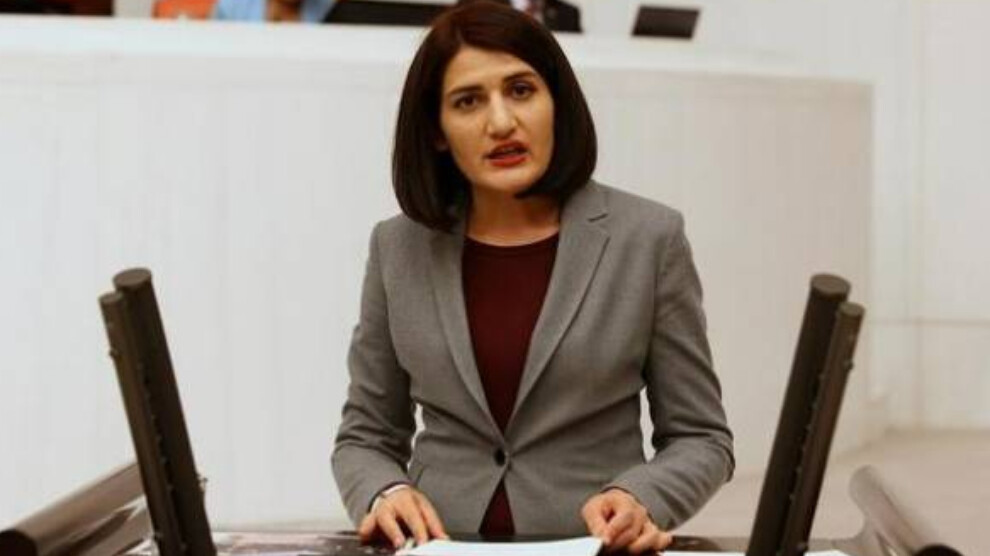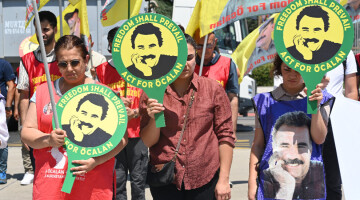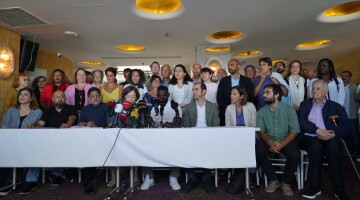The preparatory commission held its second meeting on Monday to evaluate the demand to strip Peoples' Democratic Party (HDP) Diyarbakır Deputy Semra Güzel of her parliamentary immunity. The preparatory commission will meet again tomorrow to listen to Güzel's defense statement. It has been learned that Güzel will appoint another HDP deputy to make her defense. Güzel did not come to Parliament as she feared for her safety after the lynching and smearing campaign against her.
Background
HDP MP Semra Güzel risks being stripped of her parliamentary immunity. A preliminary investigation report from the public prosecutor's office was quickly submitted to the Turkish Ministry of Justice. The preparatory work for this was actually done by a media-intensive and state-controlled defamation campaign against the Kurdish politician and doctor.
At the basis of the investigation are photos taken by the 38-year-old deputy with guerrilla Volkan Bora (Nom de Guerre: Koçero Meletî), who was killed in air raids in Adıyaman in April 2017. The photos were taken in 2014 in a guerrilla camp in southern Kurdistan, during the peace negotiations between the Turkish state and the PKK. The trip there and the visit to Bora, to whom Güzel had been engaged as a student, was, according to the politician, "in the knowledge of the state and its authorities".
However, said the deputy, "although the pictures have been stored in the archives of the security authorities for almost five years, they are only now being published and used as a basis for defamation."
The MP spoke of a “vicious defamation and sexist campaign” being carried out against her as a result of the AKP government's misogynistic policies. She added that she was exposed to "public defamation, social ostracism and lynching." The politician was determined and said that "in any case, this action will have legal consequences for all those responsible and involved."
Güzel faces a long prison sentence if convicted
Article 301 is probably the best known Turkish law in Europe. Until 2008, it regulated "insulting the Turkish nation", but under pressure from the EU, the law was reformed. A violation of the article means prison sentences of between six months and two years. In combination with the anti-terrorist legislation, it often comes to ten times as much. Article 302, on the other hand, which makes "destroying the unity and integrity of the state" a punishable offense, is likely to be the most serious in Turkish criminal law. The text of the law states: "Anyone who places the territorial integrity of the state completely or partially under the sovereignty of a foreign state, destroys the unity of the state, separates part of the state's territory and commits acts that weaken the independence of the state can be sentenced to life imprisonment."












